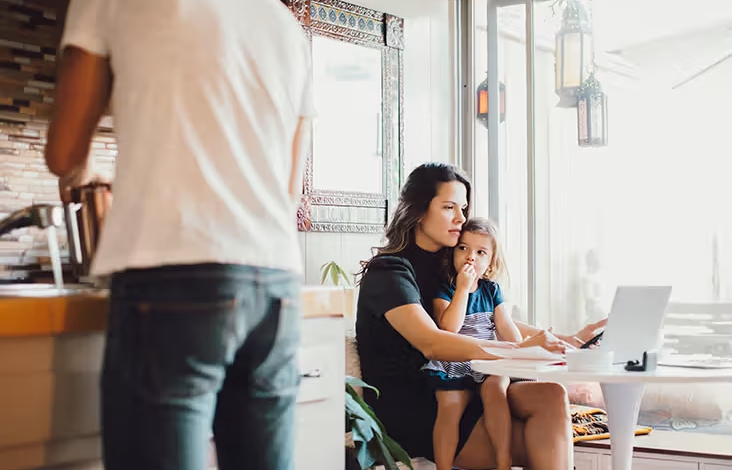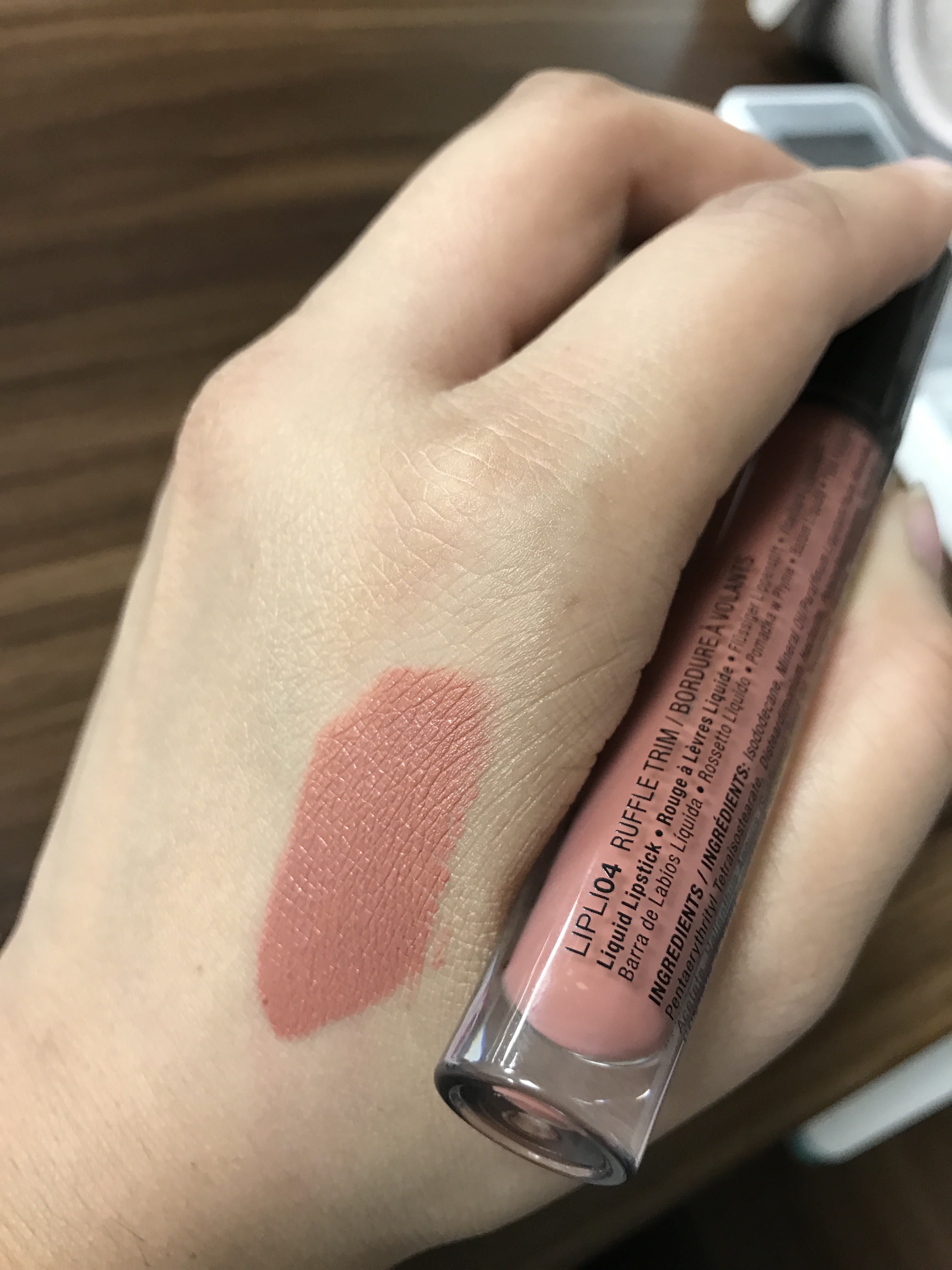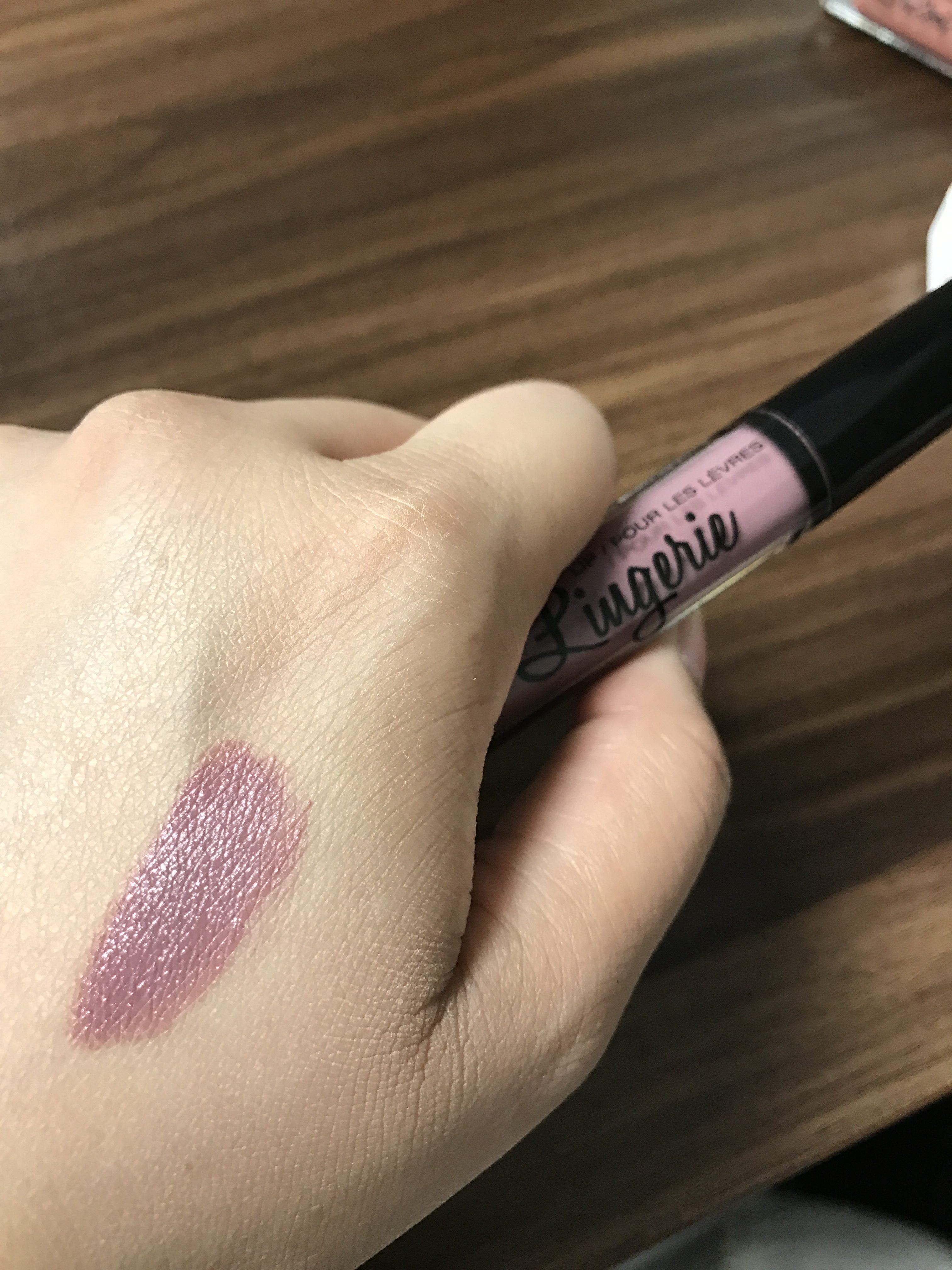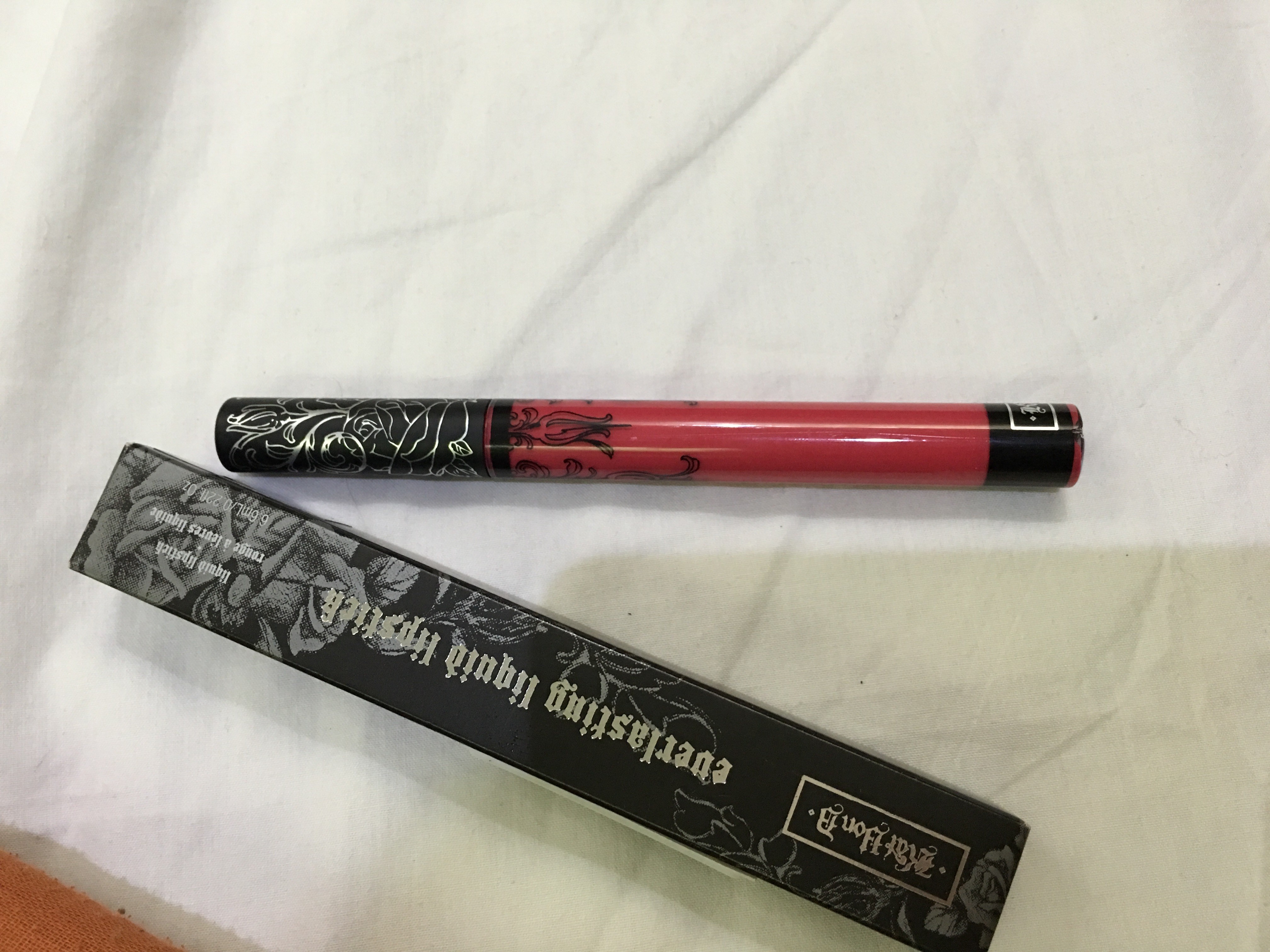26 Adult Behaviors That Stem From Not Feeling Loved as a Kid

Childhood is where our emotional blueprint forms. It’s where we learn what love feels like, how safe connection should be, and whether the world is a place where our needs matter. When those early experiences are full of inconsistency, neglect, emotional coldness, or outright rejection, children adapt. And those adaptations—survival skills back then—often turn into adult behaviors that may puzzle, overwhelm, or frustrate us later in life.
26 Adult Behaviors
Below are 26 adult behaviors commonly rooted in not feeling loved, supported, or emotionally safe during childhood. Understanding them is not about blame—it’s about healing, awareness, and rewriting your story.
1. Extreme Independence (Hyper-Independence)
When love wasn’t reliable, relying on yourself becomes the only safe option.
Hyper-independent adults find it nearly impossible to ask for help, often wearing self-sufficiency as armor. Even when exhausted, they still insist: “I’m fine. I got it.”
2. Difficulty Trusting Others
If your caregivers weren’t dependable, trusting people in adulthood feels dangerous.
These adults often assume others will leave, disappoint, betray, or criticize them.
3. People-Pleasing
Many unloved kids learn that love must be earned—by being “good,” helpful, quiet, or perfect.
As adults, they say “yes” when they mean “no,” avoid conflict, and fear disappointing anyone.
4. Fear of Abandonment
Growing up without steady affection creates a deep internal belief: “Everyone leaves.”
This fear makes relationships feel fragile, even when they’re healthy.
5. Overthinking Everything
Unloved children often grew up hyper-vigilant—always scanning for danger, mood changes, or disapproval.
This turns into chronic overthinking, analyzing every word, tone, and silence.
6. Feeling Responsible for Everyone’s Emotions
Kids who weren’t loved often became the “emotional caretaker” at home.
As adults, they carry the same role—soothing, fixing, absorbing, and managing others’ moods.
7. Struggling to Receive Compliments
They don’t feel worthy.
Praise makes them uncomfortable because it contradicts the negative self-beliefs they internalized.
8. Being Attracted to Emotionally Unavailable Partners
Familiarity feels like love—even when it hurts.
What they experienced growing up becomes their unconscious template for relationships.
9. Avoiding Vulnerability
Sharing feelings felt unsafe as a kid, so they learned to hide them.
As adults, vulnerability starts to feel like weakness or danger.
10. Taking Things Too Personally
Unloved children often grew up in environments where criticism was common.
So as adults, even neutral feedback can feel like an attack.
11. Difficulty Setting Boundaries
Without emotional safety in childhood, boundaries were either punished or ignored.
Now, boundaries feel scary—like a threat to relationships rather than protection.
12. Deep Fear of Rejection
When you weren’t accepted as a child, rejection in adulthood feels catastrophic.
These adults may sabotage relationships, careers, or friendships just to avoid possible rejection.
13. Perfectionism
Unloved kids often believed: “If I’m perfect, maybe they’ll love me.”
Perfectionism becomes a lifelong chase for approval, validation, and worthiness.
14. Feeling “Not Good Enough” No Matter What
This is one of the deepest wounds.
Praise, success, or love doesn’t register because the inner child still feels unworthy.
15. Emotional Numbness
Some children survived by shutting down emotionally.
In adulthood, this becomes difficulty accessing or expressing feelings—even positive ones.
16. Constant Need for Reassurance
Adults with a love-deprived childhood may need repeated confirmation that they’re loved, valued, and wanted.
It’s not clinginess; it’s old emotional fear resurfacing.
17. Staying in Toxic Relationships
Love felt conditional or painful growing up, so toxicity feels normal.
They may confuse intensity with love or believe they don’t deserve better.
18. Feeling Like a Burden
Children who weren’t loved often felt like they were “too much” or “not enough.”
As adults, they struggle to believe anyone genuinely wants them around.
19. Apologizing Excessively
They say “sorry” constantly—even when they’ve done nothing wrong.
It’s a defense mechanism to avoid conflict, anger, or judgment.
20. Difficulty Relaxing or Feeling Safe
When childhood wasn’t safe, the body stays in a state of alertness.
Relaxation feels foreign; stillness can even feel threatening.
21. Keeping Relationships Superficial
Deep closeness feels too risky.
They build walls, keep distance, and avoid emotional intimacy to protect themselves from potential hurt.
22. Fear of Depending on Anyone
Dependence once led to disappointment or neglect.
Now, depending on others feels like setting themselves up for pain.
23. Self-Sabotaging Good Things
When someone finally treats them with love, kindness, and consistency, it feels unreal.
They may push people away, withdraw, or create conflict because love feels unfamiliar.
24. Trouble Identifying Their Own Needs
Unloved kids weren’t taught that their needs mattered.
As adults, they struggle to know what they feel, want, or deserve.
25. Chronic Loneliness (Even Around People)
The absence of emotional connection in childhood often turns into a lifelong feeling of being unseen or misunderstood.
26. Difficulty Accepting Love
Perhaps the most heartbreaking behavior of all:
When genuine love appears, they don’t know what to do with it.
They may resist, question it, or run from it—because the inner child still believes they’re unlovable.
Why These Behaviors Form
When a child doesn’t feel loved, they create emotional survival mechanisms to protect themselves.
These mechanisms often include:
- Minimizing needs to avoid disappointment
- Avoiding vulnerability to prevent hurt
- Becoming hyper-independent to avoid relying on unreliable people
- Pleasing others to maintain peace
- Reading emotional cues to stay safe
These strategies kept them alive emotionally as kids.
But in adulthood, they become obstacles to healthy love, self-worth, and connection.
How to Heal These Behaviors
The good news?
These patterns were learned, which means they can be unlearned.
Healing involves steps like:
1. Acknowledging the Inner Child
Recognizing that these behaviors come from past pain—not character flaws.
2. Practicing Self-Compassion
Talking to yourself gently, the way you wish an adult had spoken to you growing up.
3. Learning Emotional Boundaries
Understanding that your needs matter—and deserve respect.
4. Building Secure Relationships
Surrounding yourself with people who are consistent, kind, and emotionally present.
5. Therapy or Trauma-Informed Coaching
Unraveling old emotional programming and replacing it with healthier patterns.
6. Practicing Vulnerability in Small Steps
A little openness at a time helps teach the nervous system that connection can be safe.
Final Thoughts
Not feeling loved as a child leaves a deeply rooted emotional imprint.
But it does not define your future.
Every behavior on this list is a response to pain you didn’t cause.
And every one of them can be healed with awareness, compassion, and the right support.
If you resonated with many of these behaviors, you’re not broken—you’re surviving.
And now, you have the opportunity to begin thriving.




